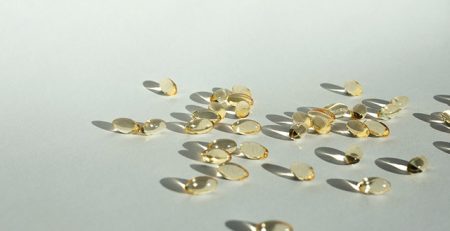Best Supplements for Seniors: 4 Important Vitamins and Minerals for People Over 50!
Vitamins and minerals are very essential to good health, however, some people struggle to eat a nutritious diet all the time, so supplementation can be beneficial.
There are 4 vitamins and minerals – available in supplement form -: Vitamin D, Vitamin B12, Calcium and Iron. The Pharmacy Times explains why it is recommended for seniors.
Vitamin D
The health benefits of vitamin D are numerous. For example, it is ‘essential’ to strong and healthy bones. In addition to reducing the risk of osteoporosis, “the vitamin may reduce the risk of some types of cancer and heart disease.”
There are two types of vitamin D: vitamin D2 and vitamin D3. Which is better?
Vitamin D2 (ergocalciferol) is suitable for vegetarians, as it does not come from an animal source. After ingestion, it is converted into vitamin D3 in the body. Vitamin D3 is the preferred supplementation option.
Calcium
Calcium is recommended for maintaining strong bones as you age. This mineral reduces the risk of osteoporosis and osteoporosis.
What foods are best sources of vitamin D?
And when it comes to calcium supplements, “there are several different forms known as calcium salts,” each containing “varying amounts of calcium in them”; For this reason, it is advised to consult a pharmacist before taking it.
Iron
The Pharmacy Times recommends iron because it is “a very important mineral found in red blood cells.” Iron deficiency can lead to anemia – when the body does not have enough healthy red blood cells. And since red blood cells are responsible for transporting oxygen throughout the body, fatigue is a symptom of anemia.
Iron deficiency may also be caused by a bleeding ulcer, injury, or even surgery.
Used by cells of the body, especially cells in the brain and spinal cord, vitamin B12 deficiency can include: confusion, agitation or hallucinations.
Deficiency in the body can also lead to anemia and fatigue.
As with all nutritional supplements, it is recommended that you speak with your doctor before taking any supplements, as they “may affect the way prescription drugs work.”
Also, remember that “nutritional supplements are not a substitute for a healthy diet of nutritious foods.”
Explore: Seniors Vitamins & Supplements
Source: Express










Leave a Reply
You must be logged in to post a comment.